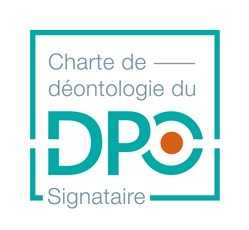Customer Reviews:
I cannot recommend My Data Solution highly enough for their GDPR expertise in Paris. As a small business owner, GDPR compliance seemed like a mountain to climb. The My Data Solution team was able to simplify the process and adapt their advice to the specificities of our city. Their support was invaluable, and we are grateful for their professionalism.
Lucie F.April 23, 2023
My Data Solution has been an exceptional partner in our journey to GDPR compliance in Paris. Their team has a thorough understanding of local regulations, which made our journey much easier. They were able to meet our specific needs and guide us step by step for data protection. We are extremely happy with their service.
Julien L.April 7, 2023
We are delighted to have chosen My Data Solution to support us in our GDPR compliance process in Paris. Their team was very responsive and competent, taking into account the particularities of our city. Their personalized approach and commitment to data security has been impressive. Thanks to them, we were able to put strong data protection policies in place. I highly recommend them to any business.
Claire A.April 24, 2022 










